Tár review: A Cate Blanchett masterclass in this gripping drama
The multiple Academy Award-nominated film is a nuanced examination of cancel culture and sexual politics
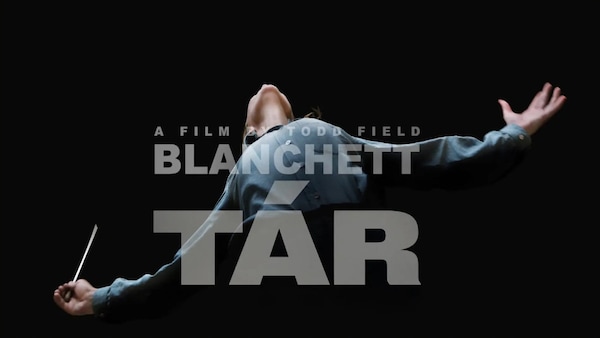
Last Updated: 01.40 PM, Apr 22, 2023
Story: Lydia Tár (Cate Blanchett) is widely regarded as the best composer-conductor in the world. She is also the first female chief conductor of the prestigious Berlin Philharmonic. Her life is almost perfect, seemingly happily married to the orchestra’s concertmaster Sharon Goodnow (Nina Hoss), with her book on the way titled Tár on Tár, and the announcement of her highly anticipated live recording of Mahler's Fifth Symphony. But her perfect world is threatened when it is revealed that she may have abused her power and position to manipulate young women for sexual favours – women who aspired for a place in Tár’s orchestra.
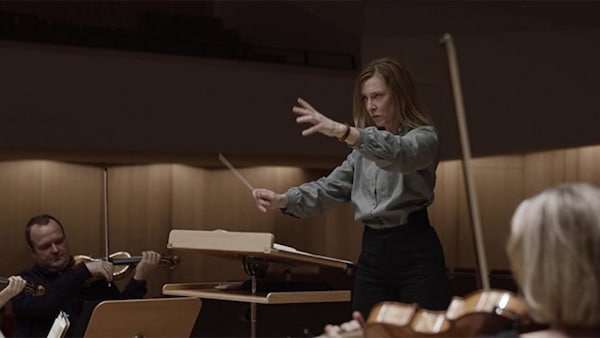
Review: At first glance one might mistake Tár for being similar to Damien Chazelle’s acclaimed 2014 film Whiplash. However, as the film’s narrative progresses through its first act it becomes abundantly clear that both films have very little in common – both in terms of themes and storytelling. At its core the film is a layered and nuanced examination of cancel culture and sexual politics, and also a discourse on the much-debated idea of separating the art from the artist. These themes and socio-political debates have been carefully embedded into the narrative as the narrative showcases the fall from grace of a groundbreaking musician.
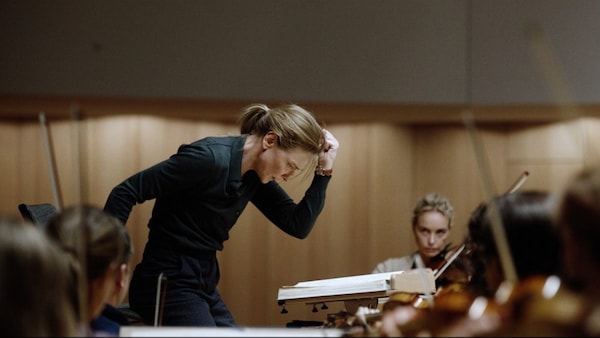
Director Todd Field perfectly captures Lydia Tár’s descent into obscurity through frames and the visual aesthetic of the shots. At the beginning of the film Lydia and her surroundings are almost pristine. She has an air of invincibility and firmly believes in the idea of control. However, as things begin to unravel for her she begins to lose the control she always wielded. The image that she meticulously created over the years is shattered in the space of a few weeks. She is scarred both mentally and physically as her world spirals out of control.
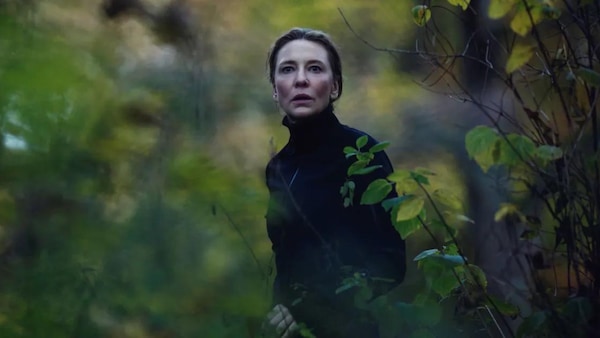
The film poses the question of whether the idea of the art and the artist should be separated. One of the first scenes in the film is Lydia explaining to her students at Juilliard why legendary German composer Johann Sebastian Bach should not be judged based on contemporary moral and ethical standards but be judged for his work as an artist. This can also be perceived as Lydia hiding her guilt of how she has misused her powers. However, in that particular scene, Lydia is able to make a convincing argument against a student who refused to acknowledge Bach’s music.
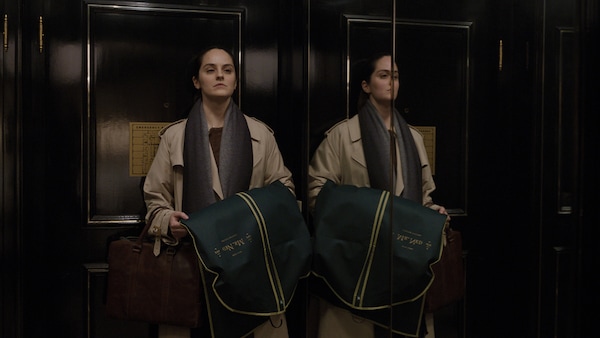
The film also explores the plot device that a character’s actions will always have consequences. It often requires a catalyst to send things in motion, and in the case of Tár, it is through the character of Francesca Lentini. She is Lydia’s faithful assistant who eventually grows disillusioned by Lydia’s manipulation. The character is essayed by Noémie Merlant, who is best known for her performance in the outstanding French historical romantic drama, Portrait of a Lady on Fire. Despite Francesca’s loyalty to Lydia, the appalling manner in which Lydia treated one of her proteges, Krista Taylor, and Krista’s eventual suicide is a wake-up call. But what truly pushed her to the edge was Lydia’s decision to overlook Francesca to become the new assistant conductor. And the introduction of a beautiful young Russian cellist (played by Sophie Kauer) to the orchestra, all but confirmed that Lydia had found her next target.
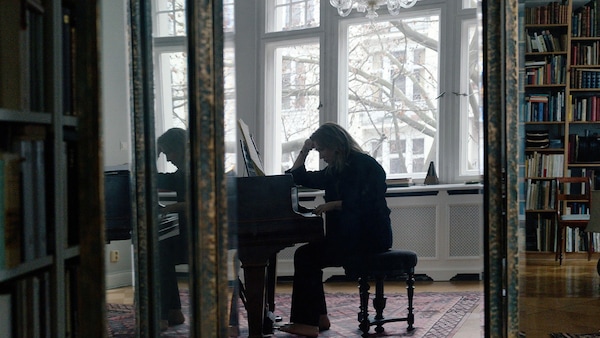
The narrative does take its time to have one fully invested, but once the film unfolds its second act it becomes engrossing and immersive. The film uses allegory throughout the entirety of its runtime but does not rely on exposition to spoon-feed the audience. The screenplay boasts sharp writing that informs the audience about the plot with just the right amount of information. A few things are left ambiguous, but it is by design to stir the audience to retrospect Lydia Tár’s actions and whether she deserves empathy.
Verdict: Tales about flawed geniuses, especially musicians, often tend to glorify them inadvertently. Todd Field’s Tár, however, sets itself apart by examining whether its titular character deserves redemption. And Cate Blanchett delivers yet another powerful performance as she slips into her role with relative ease.
Tár is available on BookMyShow Stream
WHERE
TO WATCH
Subscribe to our newsletter for top content, delivered fast.

